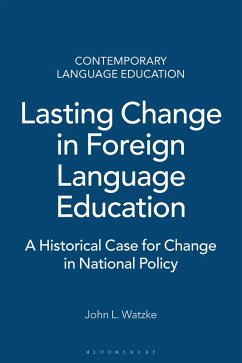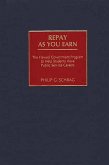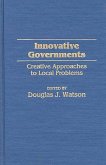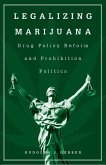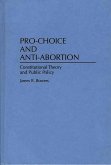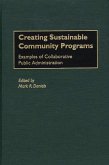Lasting Change in Foreign Language Education presents a historical account of foreign language in general education. The author examines the struggle of this subject discipline to align with the changing mission of secondary education as it emerged as the predominant institution enrolling students in the study of second languages. This 100-year history suggests trends persistent across major periods of reform to explain current problems in the expansion of learning opportunities in foreign language. Included is a complete database of education statistics on foreign language education and national and state education law from 1899 to the present. Analysis of this data is presented in multiple formats to describe the historical capacity of the education system to achieve reform. A review of contemporary standards-based education initiatives in states and school districts similarly serves to reflect how historical trends continue to restrict change. Concise policy implications are suggested as a means to address historical precedence and the greater mission of general education in the development of education policy and its transformation into practice.
Policy development must include a greater understanding of the historical development of foreign language in general education. This vital link has been lacking in the past century as foreign language has struggled to realign itself with the changing mission of general education. For example, there are distinct curricular differences between a general education for all students and one for leadership and higher education. Only the latter makes room for solid foreign language education. In addition, the study of foreign language has remained primarily a beginning-level endeavor for the majority of students over the past century. This trend results in significant pressure on the beginning level curriculum, particularly during periods of reform, to provide multiple academic outcomes in education.
Policy development must include a greater understanding of the historical development of foreign language in general education. This vital link has been lacking in the past century as foreign language has struggled to realign itself with the changing mission of general education. For example, there are distinct curricular differences between a general education for all students and one for leadership and higher education. Only the latter makes room for solid foreign language education. In addition, the study of foreign language has remained primarily a beginning-level endeavor for the majority of students over the past century. This trend results in significant pressure on the beginning level curriculum, particularly during periods of reform, to provide multiple academic outcomes in education.

